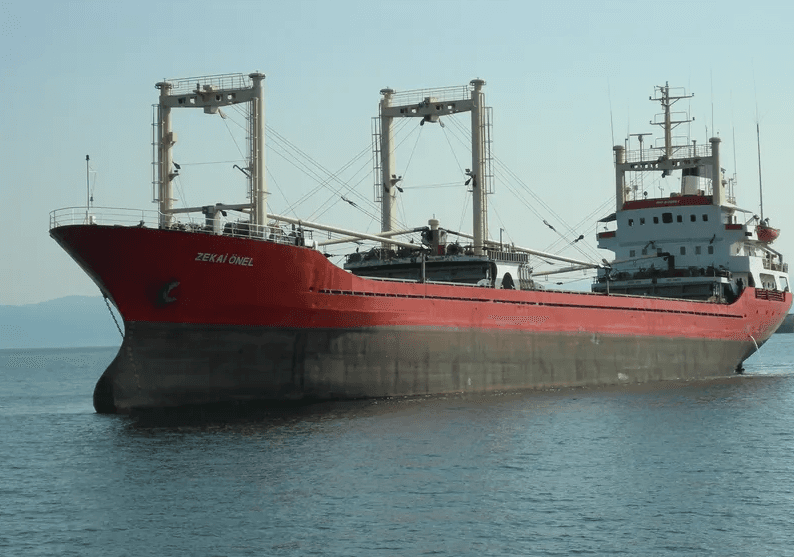There are no comments on this post yet
Beyond Profit: The Economics of Shipbreaking

When ships get old and are no longer economically viable to operate, they're often sent to shipbreaking yards.
There are a few reasons for this:
💶 Maintenance Costs. As ships age, the cost of keeping them in safe and working condition goes up. Repairs become more frequent and expensive.
🛢 Fuel Efficiency. Older ships are usually less fuel-efficient and don’t meet newer environmental standards, so it’s harder for them to compete with modern vessels.
📑 Regulations. International maritime regulations keep getting stricter. For example, rules around emissions or ballast water systems can make older ships obsolete because retrofitting them is too costly.
🔗 Value of Scrap Metal. Ships are made mostly of steel. So when the steel market is strong, it can actually be more profitable to sell a ship for scrap than to keep it running.
🎥 The photo shows the cargo ship MV ZEKAİ ÖNEL being beached for scrapping at Aliaga, Izmir, on March 27, marking the end of her service life 45 years after her construction.
Photo: Marinetraffic